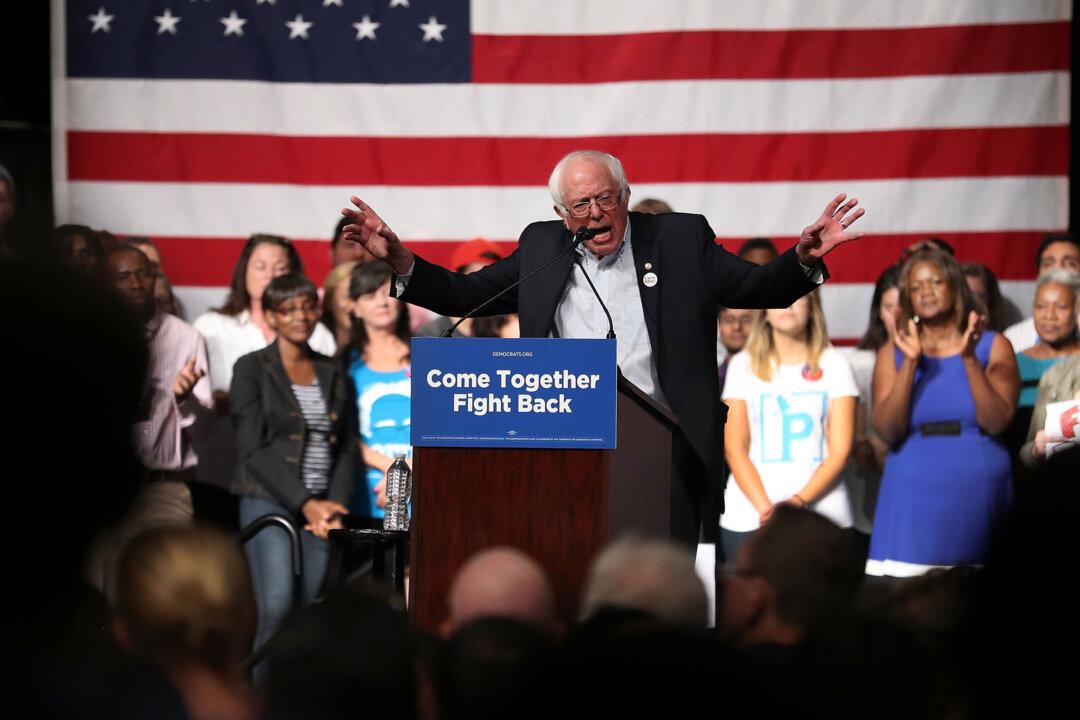Commentary
The one admirable element of Sen. Bernie Sanders’s (I-Vt.) proposed revolution for the people was his promise of reform of the U.S. criminal justice system. If this was all he had ever done, it would’ve entitled Sanders to a respected position in the history of American congressional reformers.





